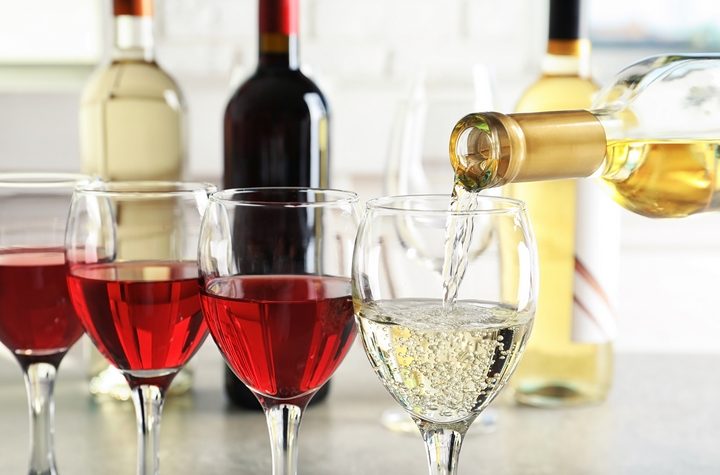Preservatives aren’t inherently bad, though they do get their fair share of criticism. In wine, preservatives are used for a reason. Without them, you wouldn’t have wine. You’d end up with vinegar instead. They make up a necessary part of the wine-making process.
Here are nine commonly asked questions about preservatives in wine:
1. Did You Know Alcohol is a Preservative?
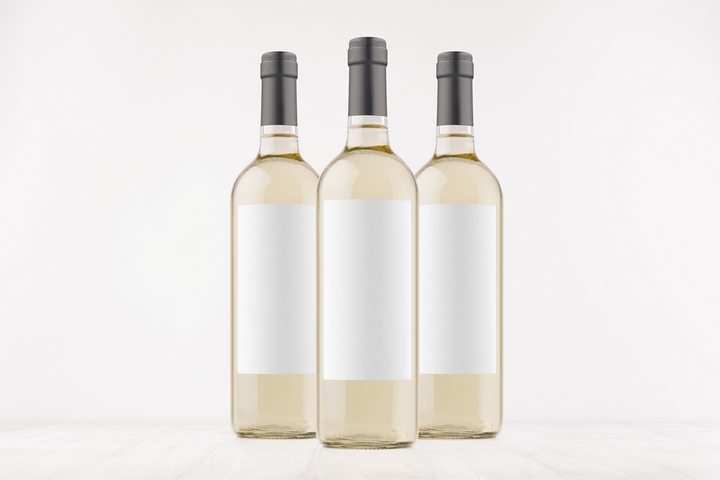
Alcohol is the biggest preservative used in wine. Alcohol comes from yeast which turns a grape’s natural sugars into ethanol. Most wines are comprised of 10-15% alcohol. Though it is one of the main reasons a lot of us enjoy wine, the alcohol content is also what gives wine its body and viscosity.
2. Alcohol Protects With Its Acidity Level
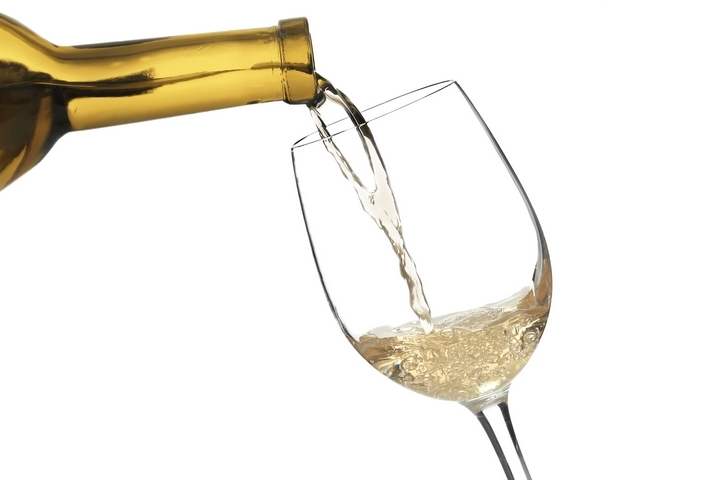
Alcohol along with other aspects of acidity in wine protects it from the growth of microbes and pathogens. Microbes cannot grow in a substance when the pH level is minimum 3. A glass of wine’s pH levels are usually between 2.5 and 4.5, This comes down to the alcohol and grape acidity.
For wines that lack the same alcohol content and/or which contain more sugar, they typically will undergo an additional sterilization process to ensure any and all bacteria is removed.
3. Are Sugars A Preservative?

Sugars naturally exist in grapes. If you’re making wine at home, grape concentrate can help in preserving the wine. Sugar, in this example, is a preservative. This is why sugary pastries can continue to last so long after we buy them from a bakery. Wine with residual sugars tend to have a longer shelf life.
Whether a wine uses sugar in this way, it varies. Many white wines and fortified wines lean on sugar as a preservative, however, other types do not.
4. Tannins Are Found in Red Wines
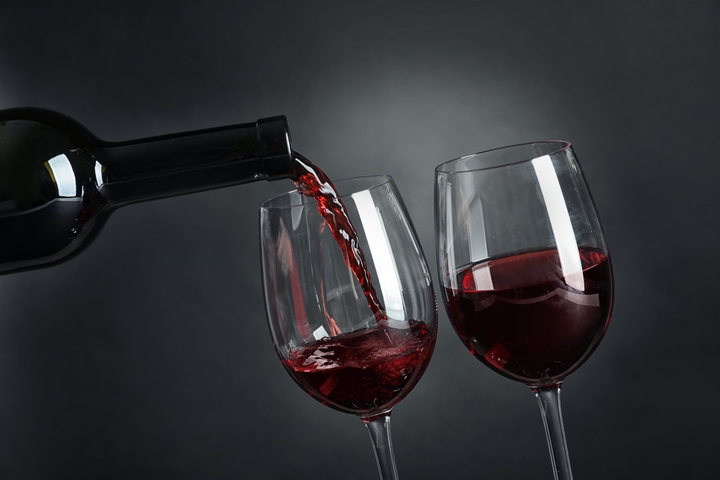
Tannins are another preservative, found exclusively in red wines. Tannins come from the skins, seeds, and stems of the grapes. They can also come from oak barrels.
Why tannins are only in wines that are red is because this is the only type of wine where the grapes are fermented with the skins on. They are well-known as an antioxidant but also play a fundamental role in a wine’s aging process.
5. Sulfites in Wine Are A Good Thing
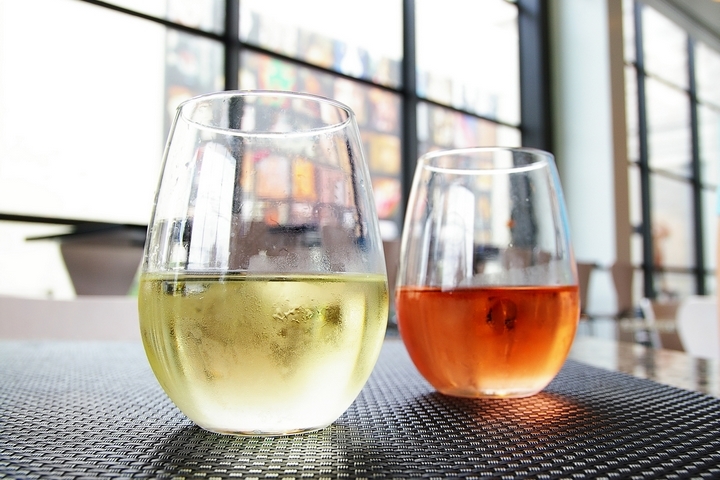
You have sulfites in a lot of wines. Don’t think this is a bad thing. It isn’t. As a gas, sulfites are toxic. In wine, they have a major purpose. Sulfites occur naturally on grapes and/or are added manually during winemaking. Sulfites are an antioxidant.
By removing oxygen, they prevent microbial growth and preserve flavor. As a wine ages, sulfites slowly dissolve. By the time you open your bottle, they may have completely dissolved.
6. Can Preservatives in Wine Be Harmful?
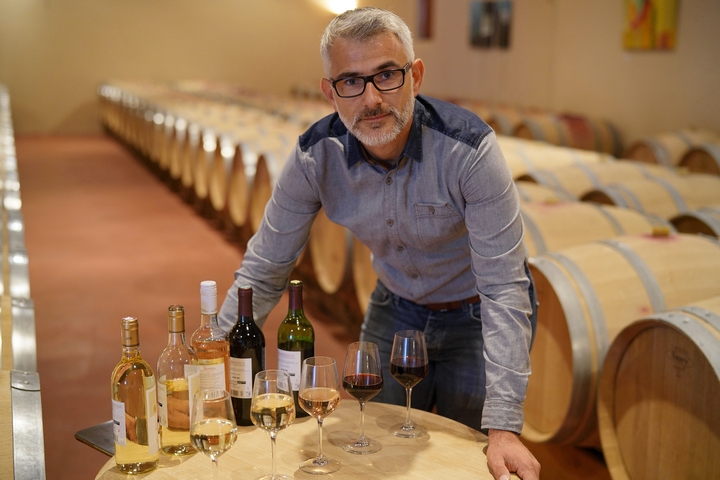
Too much of anything is can be negative. That said, all preservatives in wine are safe. Some members of the population, however, may not tolerate sulfites very well. These people do not have the enzymes needed to break down sulfites in the body. They make up less than 1% of the population. If you are sulfite-sensitive, you may not be able to drink wine with preservatives.
7. What Does a ‘Preservative-Free’ Wine Mean?

If all these things are preservatives, this naturally begs the question of what a preservative-free wine is. Does this mean the wine doesn’t even contain alcohol – of course not. ‘Preservative-free’ is usually indicative that no sulfites were added artificially while making the wine.
8. Can You Remove All Preservatives From Wine?
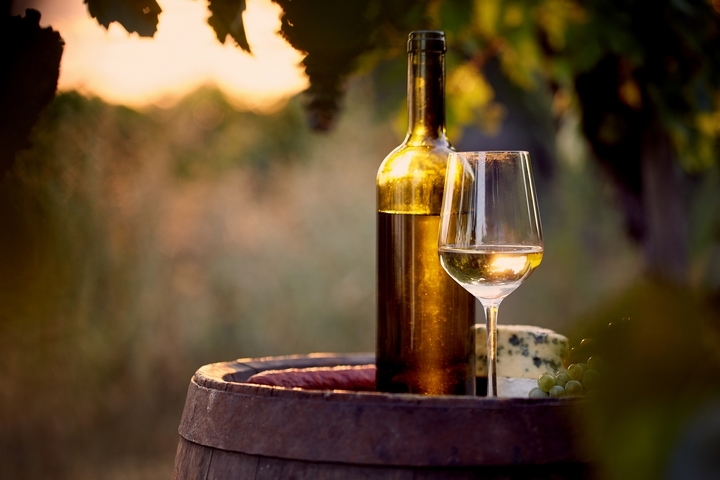
Preservatives have a stigma to them but you need them in order to be able to have wine. If you didn’t have any preservatives, it wouldn’t be wine anymore. It would be grape juice. No joke. Preservatives are a necessity, safe for consumption, and make up a vital component to winemaking.
9. Do Preservatives Continue to Work After Opening A Bottle of Wine?
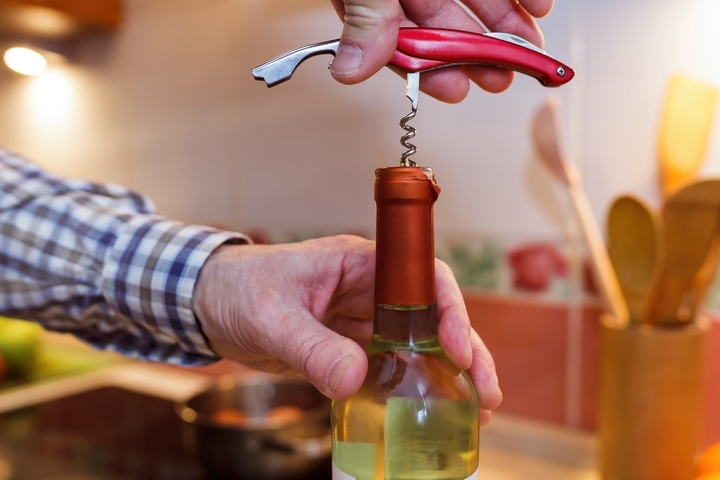
After opening your wine, you’ve exposed it to oxygen. If wine ever had an enemy, it’s oxygen. Once oxygen touches the wine, the flavor and aroma begin to flatten. All-around wine quality will begin to diminish. Preservatives and the protection they offer no longer provide the same protection they did once wine has been exposed to oxygen.

